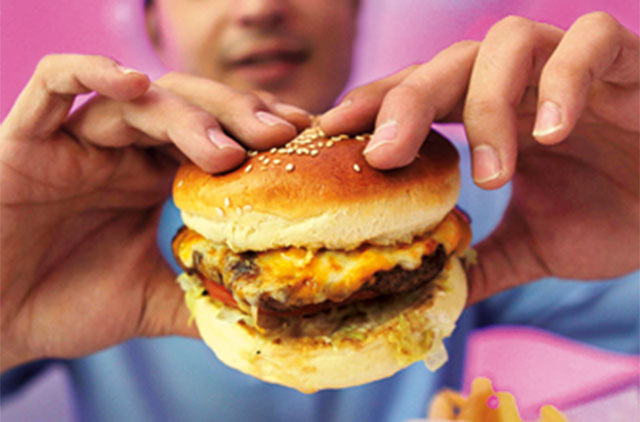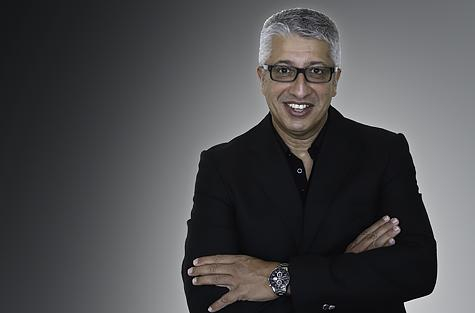Sometimes the urge to over eat is so overwhelming that you are simply powerless to stop it. The hurt, despair, anger or tension is so intense that we aim straight for food like a ravenous lion intent on its prey in order to numb or soothe our emotions. And it’s usually not the healthy stuff we make a bee-line for either. Tubs of ice cream, bars of chocolate or bags of chips are often the food of choice because they are easy and also laden with fat and sugar. Ironically, this is the worst type of food to be reaching for when we get in a heightened emotional state as it adds fuel to the fire!
The reality is, we don’t always eat to satisfy hunger. When we reach for food in a heightened emotional state, we are trying to fill a psychological void as opposed to a physical one and this is why the respite that food gives us from these feelings is only temporary. At the same time, if our first response is always food, we fail to find other ways to deal with those uncomfortable feelings, leaving our resilience depleted, because we are not finding that long-lasting spiritual satisfaction which comes from dealing with problems head on.
If you’re wondering whether this describes your own behaviour, then there are a number of key factors involved in emotional eating that might resonate with you.
Emotional hunger often kicks in very quickly. In the normal process of physical hunger, the brain picks up on that tight empty feeling in your stomach and prompts you to deal with it. In the case of emotional hunger, the urge to eat can feel overwhelming and you are consumed with the need to consume. This happens in your head and not in your stomach. Your mind often fixates on one particular food, which is usually high in fat, sugar and comfort value, which is often eaten mindlessly, before your brain has a chance to intervene and stop you. And at the end of this process, those old feelings of guilt or shame tend to flood you with feelings of regret.
If you find yourself turning to food every time something knocks your confidence or upsets you, then the only way to break the cycle is to identify the triggers that have caused you to create this negative emotional bond with food.
Stress is one of the major factors, along with boredom, childhood connections made between food and parental praise and also, sadly, past traumatic experiences that haven’t been dealt with. One of the key ways to identify what is causing your emotional eating is to step outside of yourself and become a detached observer. By this I mean you have to catch yourself in that heightened emotional state and unpick what those feelings are associated with. This gives you a very valid starting point for trying to establish a pattern. You could use a journal to note down your thought processes, because this gives you a broader view of the issue.
Once you have achieved this, then you can formulate a plan of action. Having prepared positive behaviours to replace the negative means you are ready when those feelings strike. You can be active and objective about policing them. Always in the first instance remove yourself from the source of temptation. If you’re eating comes from boredom, replace it with a stimulating activity such as reading a book or completing a challenging puzzle. If it stems from anxiety or anger, release energy in a different way.
Take a brisk walk or put on an upbeat song and dance. If you’re feeling like you need a reward, work out a way of giving it to yourself without involving food. For these triggers the key to avoidance is distraction and though it might feel strange at first, like you are trying too hard, gradually you will wean yourself of your default setting of food.
Where past trauma has created a destructive eating cycle, it’s absolutely vital you reach out for professional help to work through those issues. However complex they may seem, rest assured that it is possible to bring them back into the light and examine them in a safe and secure environment. I help people do this daily and I’m always struck by two things: the bravery of my clients when they do this and the lightness they feel when they have unpacked their burden and moved on.












